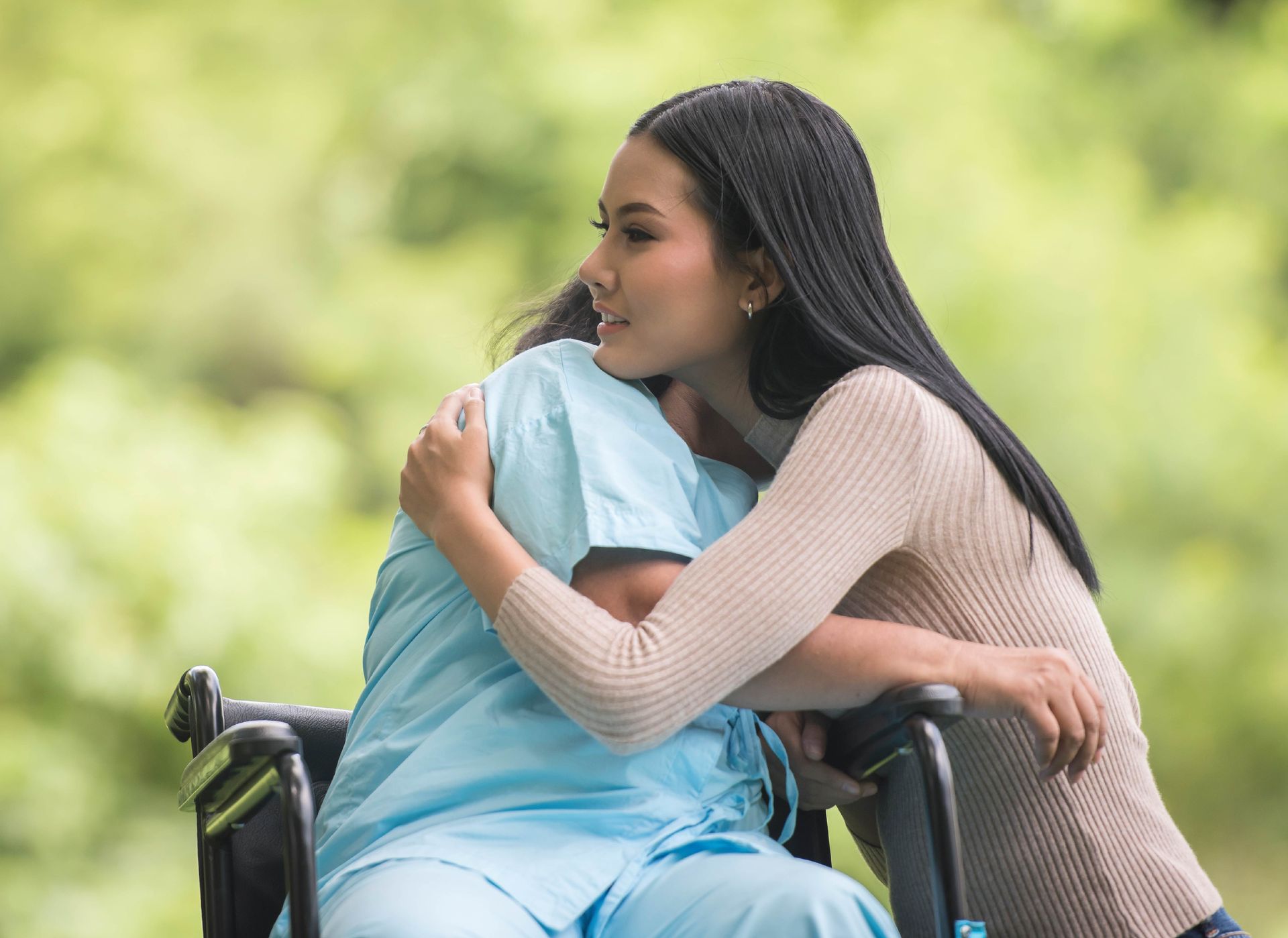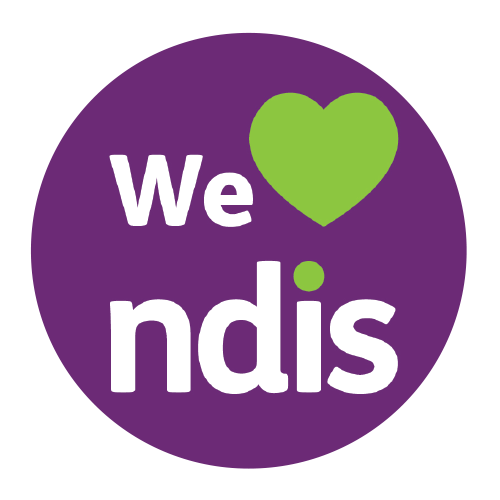A Letter To All Nurses
A calling…it’s a term that is used so often but perhaps we need those little reminders of just how much your contribution to health care means.

I got my calling when I was 16 years old. I did my job shadow in a Children's Ward, having also been a child who had been taken care of by nurses, who held my hands, who kept me brave. Now at the age of 16, all those nurses sat at the forefront of my mind as I prepared to see the world from the other side, to experience what they commit to each day – they had been my heroes and now I was allowed a glimpse into what made them the heroes that stand, often to the side, quietly whilst others stood at the forefront.
Today, and every day I hope that you take this moment to celebrate not only your role, but the fact that being a Nurse is something that is a calling that comes from within, for many reasons. It is need within to make a difference, to care with love with respect and to do everything in your power to bring health, wellness and change to the world.
We see you.
I’d like to take a moment to share what I saw as a child, as a student, and as a qualified nurse in all the fellow nurses I not only worked alongside, but also as a patient.
On the day you first put on your crisp new uniform, stood in front of the mirror, gave yourself a nervous and excited pep talk, and walked into that hospital ready to give your all to every patient, doctor, and colleagues.
I saw you getting ready for your shift- for some multitasking and getting the family seen too and ready for their day. I saw you put aside the stress that yesterday had held, the tiredness you may have felt, the worries of your own that you had – the focus, determination, and belief every single day to walk in ready to give your all to humanity.
I saw the little smile on the patients face at the sound of your voice as you came on your shift, thankful for all the days you had been by their side. I saw you welcome a new patient who had never been in hospital or who was overwhelmed with their diagnosis and reassure them. I saw you take their details and vitals, the way you led them to the bed, made sure they were warm and told them they were in the best hands, whilst gently holding their hands and reminding them to breathe, as you put the call button in their hand so they knew they simply had to press a button and someone would be there.
I saw you memorising names, filling out forms, going over the reports from the shift before – I felt the joy you felt that your patient was well enough to return home, and I saw the sadness you are taught to gently put to the side on hearing that a patient had passed - and the pause you took to remember that you held their hand the day or hours before and the gratitude that you had been a part of their journey. I saw you have a flash of the time you spent looking after them, quietly going through all that you had done to remind yourself that you had given the best of your care, even though we all know little doubts crawl in. I know and saw that you gave your all.
I saw you determined, as you gently guided a new little life into the world – your hands the first to guide them in, your eyes scanning every inch of this newborn, making sure they were safe, wrapping them up and gently handing over this new little miracle to the people who would guide them for the rest of their lives, whilst exclaiming ‘Well done Mom and Dad!’ as their joy filled the room. I watched as you soaked in their awe and happiness. I saw you go about all the necessary checks, focusing entirely on them, despite the incredible part you had just played into bringing a little human into the world – your self-acknowledgment sitting quietly as your focus lay in the joy of watching new parents look into their babies’ eyes for the first time.
At the same time, I saw you watch a critically ill patient wheeled into the emergency room in a state few people will ever witness. Whether they were aware or unconscious, I saw you stand next to them, tell them where they were, who you were and that you were right there beside them. I saw you running from trolley to trolley, setting up lines, working alongside the team on critical items, and I saw the few seconds you took to squeeze their hand letting them know you were there. I saw you work tirelessly through a code even though everyone had known it was near impossible for survival - and the flash that went through your mind of your own loved ones knowing you would fight for this patient just as hard as you would for them. When time was called, I watched you kick into action to remove all the equipment, gently cleaning them up and do your best to restore their dignity as a human and let their family see them in as peaceful a state as possible, to protect them as much as you could, as they would see them for the last time. I watched as you allowed the loved ones their time, and when they were overwhelmed, the way you were there and ready to put a hand on a shoulder or stand firmly to hold them up when their grief overwhelmed them.
I saw you take a breath, not resting, ready to go back to check on your other patients and then prepare for the new cases that would roll in.
I saw you gently washing a patient, emptying bed pans, cleaning, and changing bedding and gowns, never for a moment allowing them to feel a loss of dignity. I saw you sitting writing reports, squeezing in a quick lunch, taking a moment to call a friend, or loved one to check in on them during your short break and return to your duties with the same dedication you had walked in with at the start of your shift, no matter how challenged or exhausted you felt.
At the end of your shift, I watched you meticulously go through details, handovers, doing last rounds to say, ‘See you tomorrow, best you behave!’ with a cheeky grin as you let the next shift get started, as tired as you were, still making sure every single patient was acknowledged before you walked out those doors.
I saw your commute home, placing pieces of the day together – shifting out of your nursing outfit and putting on your hat on to be the mother, father, daughter, son, or friend that your loved ones needed at the end of their day.
And after all that in one single day in your role as a Nurse, I saw you wake up the next morning, don your uniform, look in the mirror and maintain that firm resolve to serve humans to the best of your ability, irrespective of what the previous day had brought!
I saw you; we saw you!
Today on International Nurses Day, our team salutes you, celebrates you and thanks you. It might be one day of the year for recognition, but from us to you:
We celebrate and Thank-You for your dedication every single day.



CONTACT FORM
We will get back to you as soon as possible.
Please try again later.
Powered with 💛 by Shazamme


